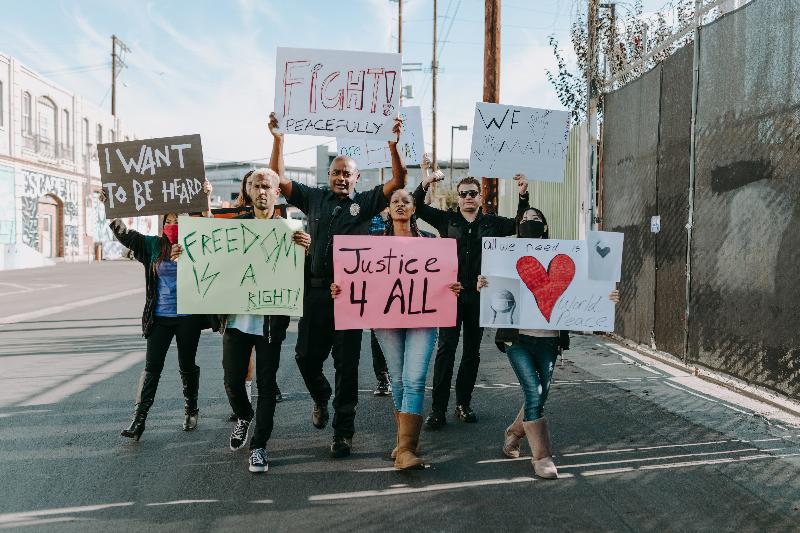Protective Factors
Shifting our perspective, we recognize that a wide array of protective factors can enhance the resilience of children and individuals who have experienced Adverse Childhood Experiences (ACEs).

- Children who benefit from safe, stable, and nurturing family relationships, cultivate positive friendships, excel in their school performance, and have supportive non-family adult mentors and role models where they are more likely to experience holistic well-being and positive development.
- Families where caregivers can provide for the basic needs of food, shelter, health services, as well as maintain steady employment have robust social support networks and positive relationships where they can actively engage in parental monitoring and consistent rule enforcement to create nurturing environments that promotes the well-being and positive development of children.
- Caregivers resolving conflicts peacefully assist children with problem-solving and participate in enjoyable activities together to emphasize the importance of education for children, as well as foster a supportive and harmonious environment for their overall well-being and development.
 Communities with access to the following are better equipped to support the well-being and resilience of their residents:
Communities with access to the following are better equipped to support the well-being and resilience of their residents:
- Economic and financial assistance
- Medical care
- Mental health services
- Safe and stable housing options
- Nurturing and safe childcare
- High-quality preschool options
- Engaging after-school programs and activities
These provide families with valuable resources to promote child development and parental support.
Communities foster overall well-being and saftey with:
- Work opportunities with family-friendly policies
- Forging strong partnerships between various sectors
- Promoting resident connectivity and involvement
- Adopting a zero-tolerance stance against violence
